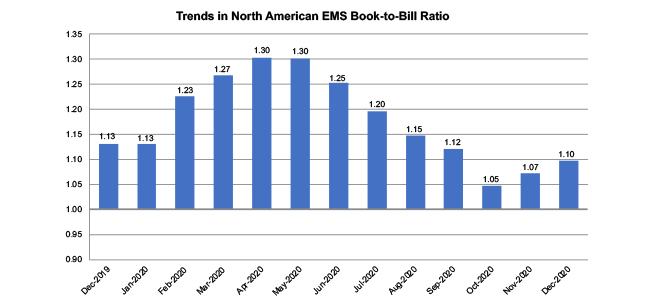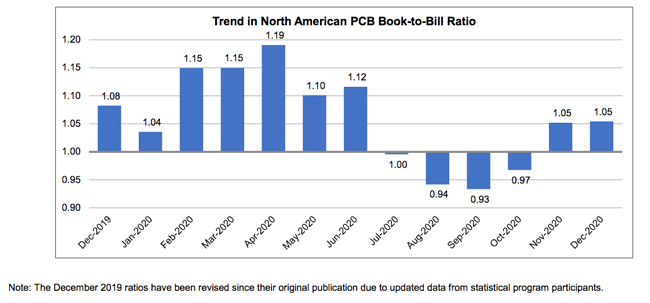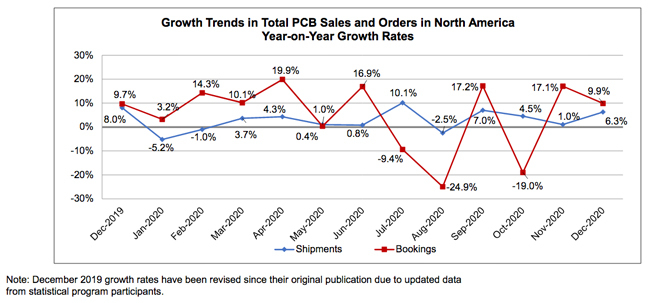The U.S. Environmental Protection Agency (EPA) is wading ever deeper into regulatory deliberations under the Toxic Substances Control Act (TSCA), and the next several steps will have major ramifications for electronics manufacturers, who need to focus on this issue now.
As previously reported by IPC, the EPA’s process for assessing and managing risks from existing chemicals has three basic steps: prioritization, risk evaluation, and risk management.
Currently, there are two cycles of this three-step process happening at the same time, for two different sets of existing chemicals. In the first cycle, EPA has completed 10 risk evaluations; in the second cycle, EPA is just beginning the risk evaluations for 20 high-priority chemical substances.
Just over the horizon, the EPA will begin to consider and then propose actual risk management strategies for the first 10 of these chemicals. By law, the EPA is required to take action to address such risks within two years after a risk evaluation is published, which means 2021 and 2022 will be full of related actions.
Which Chemicals Are We Talking About?
From June 2020 through mid-January 2021, the EPA published 10 final risk evaluations, and, in four cases, it identified unreasonable risks to health and/or the environment in connection with chemicals used in electronic manufacturing and products:
- For methylene chloride (CAS 75-09-2), the EPA has determined that the use of this chemical as a solvent in industrial processes where electronics equipment, appliance, and component manufacturing takes place presents an unreasonable risk of injury to workers and occupational non-users.
- For 1-bromopropane (CAS 106-94-5), the EPA has determined that the use of this chemical as a solvent for cleaning or vapor degreasing in the manufacturing of electrical equipment presents unreasonable risks of injury to workers and occupational non-users.
- For cyclic aliphatic bromide cluster chemicals (CASRN 25637-99-4, 3194-55-6, and 3194-57-8), specifically hexabromocyclododecane (HBCD), the EPA has determined that the use of this chemical in solder paste or flux presents an unreasonable risk to the environment.
- For n-Methylpyrrolidone (NMP) (CAS 872-50-4), the EPA has determined that the use of this chemical in paint and coating additives used in computer and electronic product manufacturing and semiconductor manufacturing and the use of this chemical as a solvent for cleaning and degreasing in semiconductor manufacturing and other electronics manufacturing presents unreasonable risk of injury to worker health.
To manage unreasonable risks, the EPA has several regulatory options at its disposal, including the ability to prohibit, limit, or otherwise restrict their manufacture, processing, or distribution for particular uses; to regulate the manner or method of their disposal; to regulate how risks are communicated to consumers and various supply chain actors; and/or to require monitoring, testing, and recordkeeping.
If you have information that is relevant to these proceedings, we need to hear from you. Specifically, if you have information on safe and essential uses; on safe and effective alternatives; or on uses that have been phased out or can be phased out; then now is the time to get ready to work with IPC and engage with the EPA.
Throughout the TCSA regulatory process, your IPC Government Relations team will facilitate and coordinate a unified industry response. Ultimately, the EPA needs our knowledge and expertise to arrive at solutions that protect human health and the environment and enable our industry to thrive.



